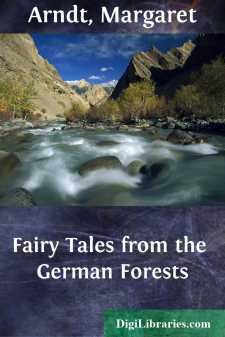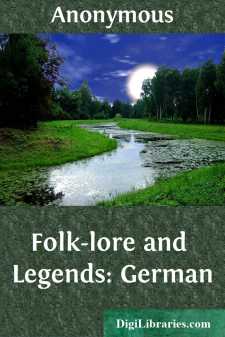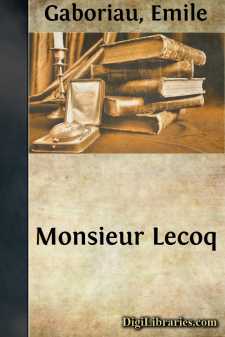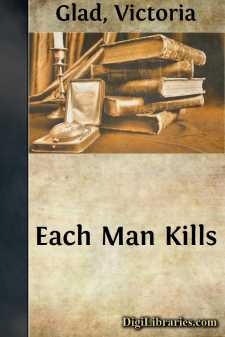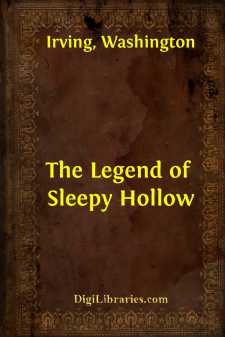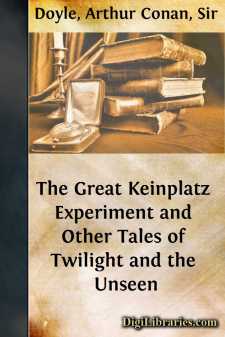Categories
- Antiques & Collectibles 13
- Architecture 36
- Art 48
- Bibles 22
- Biography & Autobiography 813
- Body, Mind & Spirit 142
- Business & Economics 28
- Children's Books 15
- Children's Fiction 12
- Computers 4
- Cooking 94
- Crafts & Hobbies 4
- Drama 346
- Education 46
- Family & Relationships 57
- Fiction 11828
- Games 19
- Gardening 17
- Health & Fitness 34
- History 1377
- House & Home 1
- Humor 147
- Juvenile Fiction 1873
- Juvenile Nonfiction 202
- Language Arts & Disciplines 88
- Law 16
- Literary Collections 686
- Literary Criticism 179
- Mathematics 13
- Medical 41
- Music 40
- Nature 179
- Non-Classifiable 1768
- Performing Arts 7
- Periodicals 1453
- Philosophy 64
- Photography 2
- Poetry 896
- Political Science 203
- Psychology 42
- Reference 154
- Religion 513
- Science 126
- Self-Help 84
- Social Science 81
- Sports & Recreation 34
- Study Aids 3
- Technology & Engineering 59
- Transportation 23
- Travel 463
- True Crime 29
Fairy Tales from the German Forests
by: Margaret Arndt
Description:
Excerpt
INTRODUCTORY POEM
"The stories that the fairies told I learnt in English lanes of old, Where honeysuckle, wreathing high, Twined with the wild rose towards the sky, Or where pink-tinged anemones Grew thousand starred beneath the trees. I saw them, too, in London town, But sly and cautious, glancing down, Where in the grass the crocus grow And ladies ride in Rotten Row, St James's Park's a garden meet For tiny babes and fairy feet. But since I came to Germany, The good folk oftener talk to me; I find them in their native home When through the forest depths I roam, When through the trees blue mountains shine, The heart of fairyland is mine."
WHAT'S THE USE OF IT?
In a village that was close to the great forest, though it had already become the suburb of a large town, lived a little girl named Hansi Herzchen. She was the seventh child of a family of seven, and she lived at No 7 —— Street. So you see she was a lucky child, for seven is always a lucky number; but nothing had happened to prove her luck as yet.
Her father was a clerk in the post office at the neighbouring town. He would have found it hard to make two ends meet with seven little mouths to fill, but that his wife had brought him substantial help. She was the daughter of a well-to-do farmer peasant and had a considerable dowry when she married. Moreover she was extremely thrifty and industrious. She never spent a halfpenny without carefully considering if a farthing would not do as well. Better £1 in the pocket than 19s. 11½d., she used to say. She drove wonderful bargains at the market. She had no eyes for the artistic and ornamental, though her house was so spick and span, that it was good to look at in its cleanliness and order. She had stored up everything she had possessed since her early youth, and was said to use pins that were at least twenty years old. She managed to put everything to use, and the boys' knickers were sometimes made of queer materials.
One expression little Hansi often heard at home and that was the word "useful." When she brought in a fresh bunch of darling, pink-tipped daisies and wanted to find a corner for them and a tiny drop of water to put them in, the whole family would exclaim: "Throw them away, what do you want with those half-dead weeds; they're of no use." If one of the neighbours gave her a ball or toy, it was the same story: "We've no room for such rubbish here." Each child possessed a money-box, and every coin was immediately put in. They had never had a penny to spend in their lives.
The garden was planted solely with vegetables and potatoes and herbs of the most useful character. The scarlet beans in summer, however, would brighten it up, and field poppies and dandelions sprang up in a quite miraculous way to Hansi's delight. For in each flower was a jolly little fairy, who talked to her and told her stories, because of her being a seventh child and living at No. 7. Perhaps, too, because Hansi's natural disposition made her look out for wonders, and her loving heart included the field flowers among her friends....


